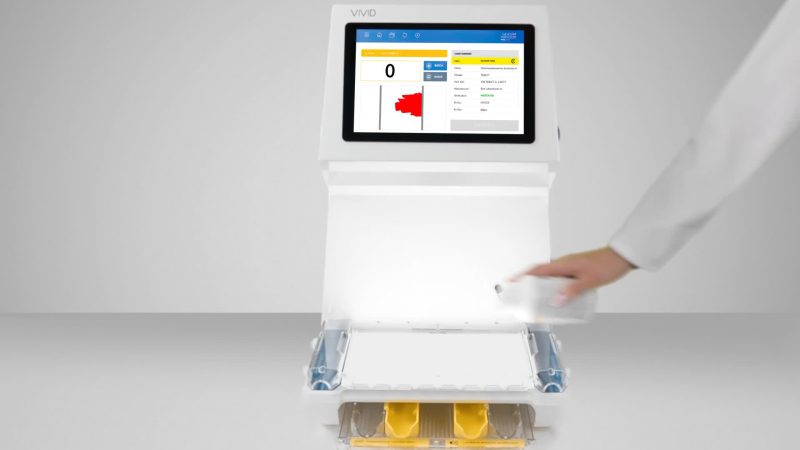Busting Myths About Infant Oral Health

Brushing, flossing, and maintaining good oral hygiene are essential, and parents often stress their importance. It prevents many oral problems in the long run. However, people do not usually pay attention to their infants’ oral health. However, dental care should begin from a young age.
No matter whether your kid is a teenager or still an infant, it is vital to get them to brush their teeth and follow a good dental routine. Good practices, when started early, can last a lifetime. Visit family dentistry in Shelby Township to learn more about infant dental care.
Busting myths about infant oral health
- Milk teeth do not need to be taken care of since they are going to fall off later anyways.
A significant percentage of people, especially among the older generation, believe that good oral hygiene practices should start only when permanent teeth start growing. While this statement may have been true a few decades ago, times have certainly changed now.
Children consume refined sugar in the form of jelly, bread, caramel, etc., more than ever now. In fact, these foods have become a part of their daily intake. Such foods can ruin teeth very fast if not taken care of. The only way to combat tooth decay is by practicing good oral hygiene.
- My baby does not have teeth yet, so there is nothing I can do to take care of their dental health.
Dental health does not only include your teeth but your entire mouth. Besides your teeth, your mouth also contains tongue and gums. Even if your baby does not have teeth yet, bacteria can still accumulate in their mouth if not cleaned regularly. Make sure to wipe your baby’s mouth with a wet cloth to remove any food particles.
- A child’s first dental check-up should be at the age of three.
This is false. The truth is, the sooner you teach your child to take care of their teeth, the better. Moreover, good practices take time to become habits. Therefore, by the time they grow up to be teenagers, they will already have adapted the habit of taking care of their teeth and gums.
According to the American Dental Association (AAD), AAPD, and UD Federal Agencies, you should take your child to the dentist before even their first birthday. Early visits can help you know about your child’s dental health and be aware of upcoming problems before it is too late.
- Kids do not need supervision when they brush.
When your child is only starting to learn how to brush, it is crucial to supervise them to make sure they are doing it the right way. Brushing along with your child can also help because children learn from their parents.







